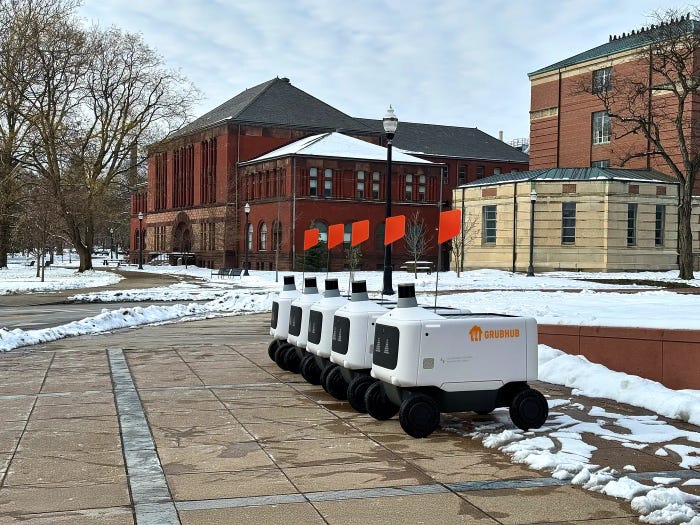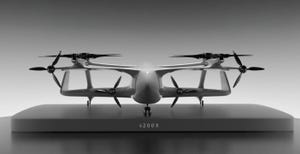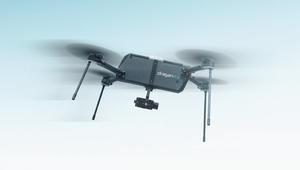Generative AI Health Care Startup Raises $53M, Brings Valuation to $500MGenerative AI Health Care Startup Raises $53M, Brings Valuation to $500M
Hippocratic AI is developing a safety-focused large language model for health care

California-based Hippocratic AI has raised $53 million in a series A funding round to build large language models for the health care industry, bringing the company’s valuation to $520 million.
Hippocratic was founded by a group of physicians, hospital administrators, Medicare professionals and AI researchers. It launched out of stealth last May and has gone on to raise $120 million.
Premji Invest and General Catalyst co-led the round with General Catalyst. SV Angel and Memorial Hermann Health System also participated, along with existing investors Andreessen Horowitz, Cincinnati Children’s WellSpan Health and Universal Health Services.
Hippocratic’s large language model is designed to provide patients information and can listen to questions via voice.
The startup claims the underlying model architecture, Polaris, is 1 trillion parameters in size, meaning it’s hefty, but designed to be more specialized compared to generalist systems like OpenAI’s ChatGPT.
Hippocratic has sought to put safety first, having undergone various rounds of safety testing. The new capital will fund more safety tests and product development.
“Our focus on safety testing our product in multiple phases and transparent publication of the results for everyone to see is the next down payment in this safety-first journey,” said Munjal Shah, co-founder and CEO of Hippocratic AI.
Hippocratic also announced it has begun phase three testing its first product, a staffing marketplace where health care providers can “hire” generative AI agents to conduct patient-facing services. The startup said the solutions can help with growing staff shortages across the health care industry.
The agents can conduct post-discharge follow-ups and pre-operation outreach, but will not speak to patients unsupervised until its latest round of safety tests have been completed. The AI model is designed to engage with human health care staff when appropriate.
Phase three testing will include 5,000 licensed nurses, 500 licensed physicians and the company’s health system partners, Hippocratic says.
Results of earlier testing found that 88.93% of patients (nurses in the testing) felt comfortable confiding in the AI compared to 88.81% for human nurses. Testing also revealed that 85.66% of patients found it as effective as a human nurse, while 89.82% said it had a proactive approach to educating them about their condition.
This article was first published in IoT World Today's sister publication AI Business.
About the Author
You May Also Like
.jpg?width=100&auto=webp&quality=80&disable=upscale)
.jpg?width=400&auto=webp&quality=80&disable=upscale)
.jpg?width=700&auto=webp&quality=80&disable=upscale)
.jpg?width=700&auto=webp&quality=80&disable=upscale)

.jpg?width=300&auto=webp&quality=80&disable=upscale)


